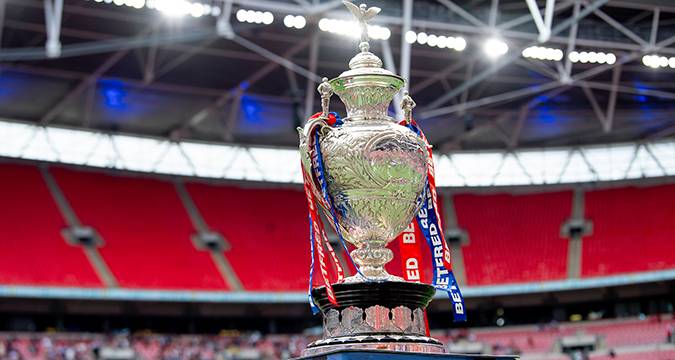 IN last week's issue of League Express I wrote about the reduced appeal of the Challenge Cup in recent years and I examined some causes of its decline.
The factors I referred to should surely give us some guidance on the steps we could take to restore the fortunes of the Challenge Cup.
We should be prepared to learn from our own history, unde
IN last week's issue of League Express I wrote about the reduced appeal of the Challenge Cup in recent years and I examined some causes of its decline.
The factors I referred to should surely give us some guidance on the steps we could take to restore the fortunes of the Challenge Cup.
We should be prepared to learn from our own history, unde Talking Rugby League: Ten-point plan to restore the magic of the Challenge Cup
 IN last week's issue of League Express I wrote about the reduced appeal of the Challenge Cup in recent years and I examined some causes of its decline.
The factors I referred to should surely give us some guidance on the steps we could take to restore the fortunes of the Challenge Cup.
We should be prepared to learn from our own history, unde
IN last week's issue of League Express I wrote about the reduced appeal of the Challenge Cup in recent years and I examined some causes of its decline.
The factors I referred to should surely give us some guidance on the steps we could take to restore the fortunes of the Challenge Cup.
We should be prepared to learn from our own history, unde 